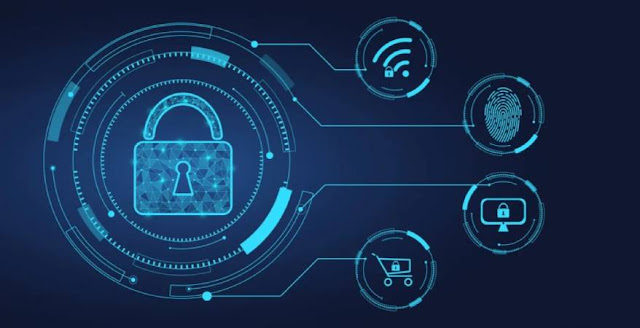encrypted tunnels damage attackers can cause

According to analysts' estimates, several community attacks
succeed in passing through encryption. Some of the not unusual ways are the use
of faux or compromised private keys and certificates, they could create
malicious tunnels into your organization's community from there, they could
install malicious software program which can motive harm or loss of treasured
facts. These forms of assaults are difficult to locate because they are hidden
in everyday commercial enterprise communications if now not inspected, that can
take place due to the fact now not every company inspects a hundred% of their
network visitors.
The reason in the back of those kinds of undetected assaults
may be an difficulty with protocols, attributes, or overall tunnel control.
Here are some of the commonplace approaches used by attackers:
IPsec tunnels to advantage get entry to
Usually, organizations use Internet Protocol Security(IPsec) to create a VPN to secure Internet communications over the entire IP
network. Usually, IPsec tunnels are frequently used to create a tunnel between
a remote website and the primary website, which could become a really perfect
manner to assault for cyber attackers. In the early tiers of attacks, the
IPSec/L2TP tunnel is often used to break into an enterprise and create
malicious pastime. Typically, these types of assaults handiest arise on set up
VPN endpoints, as creating a new tunnel to get entry to the VPN admin console
can get pretty complicated.
Attacks on Site-to-Site VPN Tunnels
Due to the ability and adaptableness of web site-to-site
VPNs, agencies commonly use them to connect foremost vicinity networks with
other offices and business partners, because it is a superb way to fast move
around. Site to website inside a extensive area network. Because of this, it
becomes beneficial for attackers and at the other end, web site-to-site VPN
tunnels are once in a while inspected as they negatively impact overall
performance, giving them the attacking benefit to gain get right of entry to to
network devices.
Phishing websites the use of SSL/TLS certificate
Using stolen or compromised SSL/TLS certificate to create
phishing websites to be depended on by the victim's browser is very commonplace
these days. The victim connects to the malicious website and submits their
touchy statistics believing it to be a authentic website due to the fact HTTPS
connections are depended on and seldom inspected.
Attacks on SSH keys
SSH (Secure Shell) is one of the protocols frequently used
to manage faraway servers and applications. For this purpose, attackers often
are looking for to attain those SSH keys to benefit administrative access to
programs and systems. SSH keys provide the gain of securely connecting every
gadget through stored servers and client keys, with out the need to manually
input authentication details. Other than that, it is an excellent way to
transmit malicious data between servers and the application file with none
detection, as malware can be despatched hidden underneath compromised encrypted
SSH tunnels.
MITM assaults using fake identities in SSL and TLS tunnels
SSL/TLS (Secure Sockets Layer / Transport Layer Security)
are the maximum normally used tunnels to relaxed classes between the browser
and the server to at ease sensitive transactions including banking or payments.
To get facts from their victims, they create faux identities to pull off the MITM
(Man-in-the-Middle) assault.
Many times encrypted tunnels are attacked, among which VPNs
(virtual private networks) are the most not unusual example and they're quite
inclined. Finally, it isn't always accurate to underestimate assaults on
SSL/TLS & SSH tunnels because they can also be compromised. It is
satisfactory to have an good enough know-how of tunnels that traverse networks.


